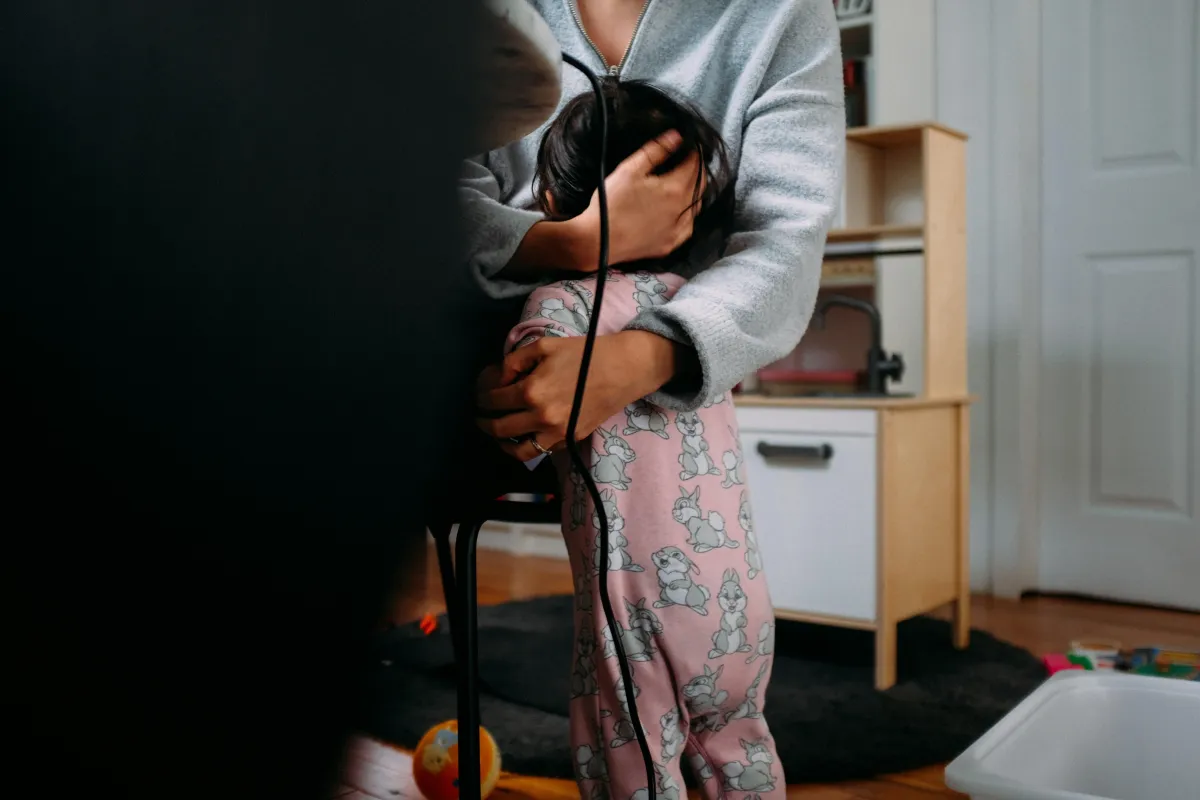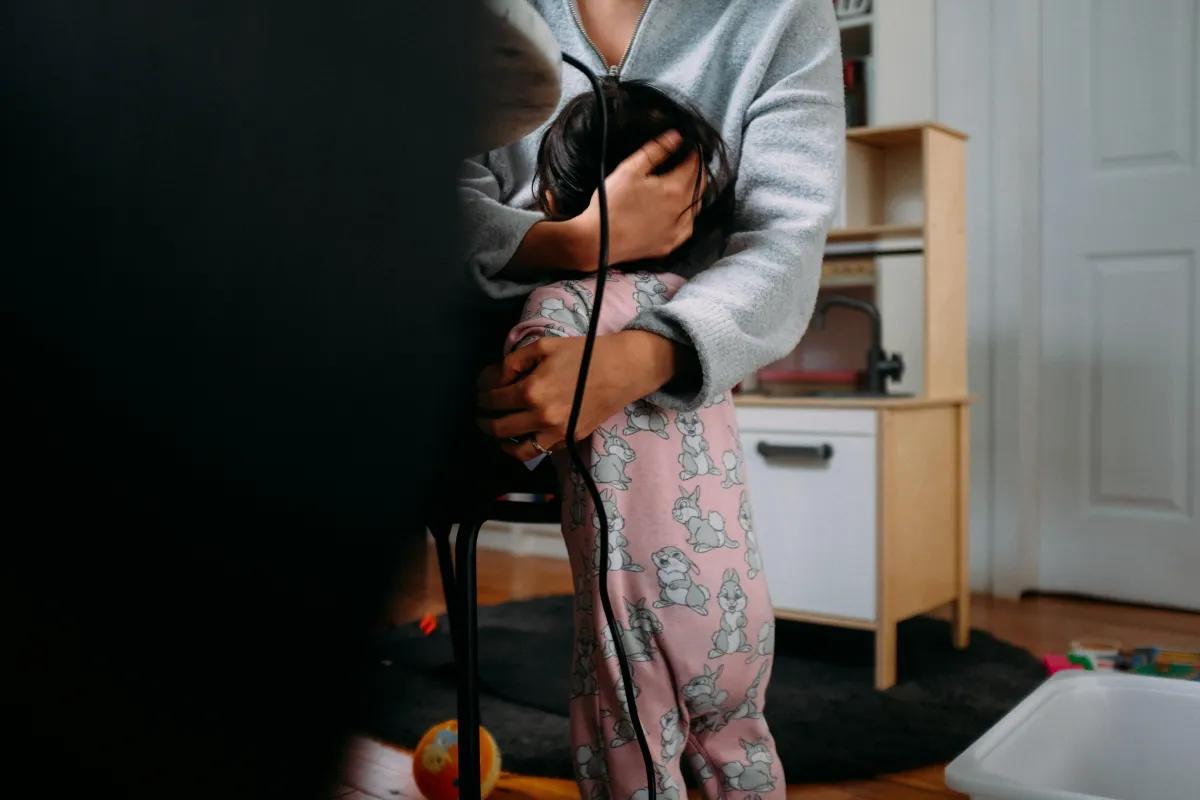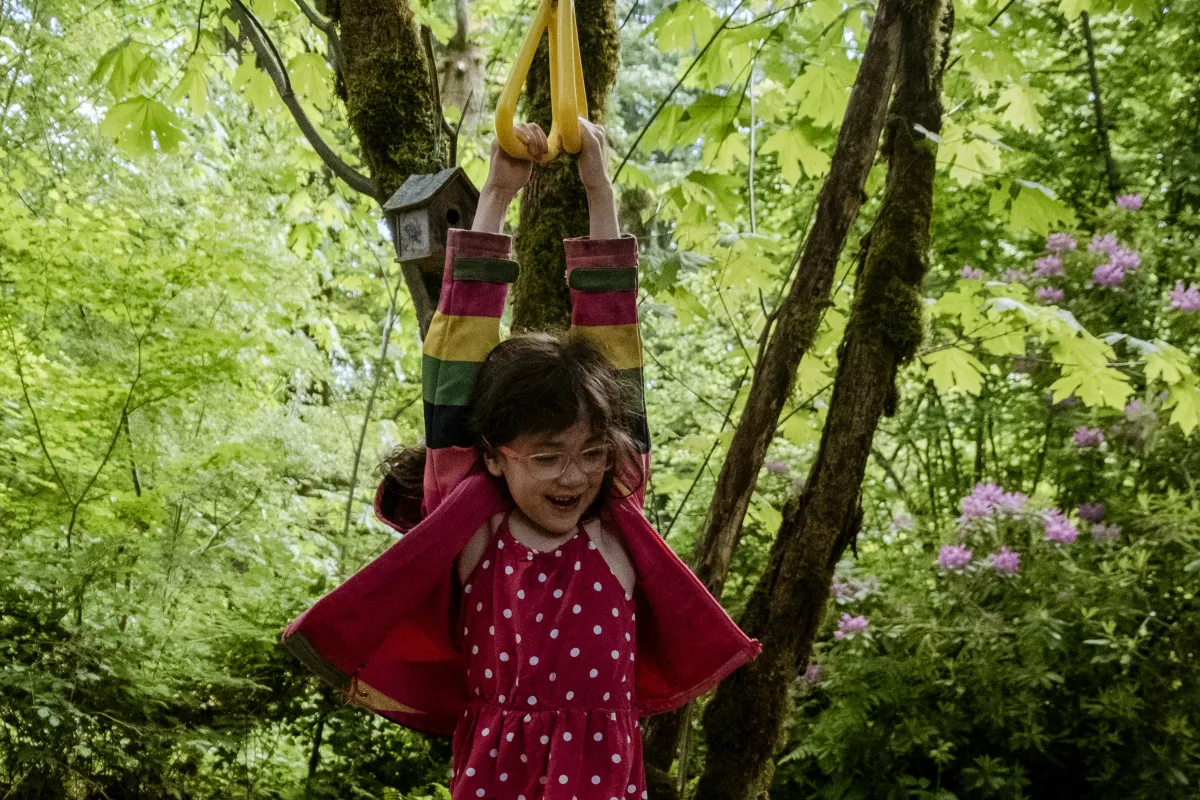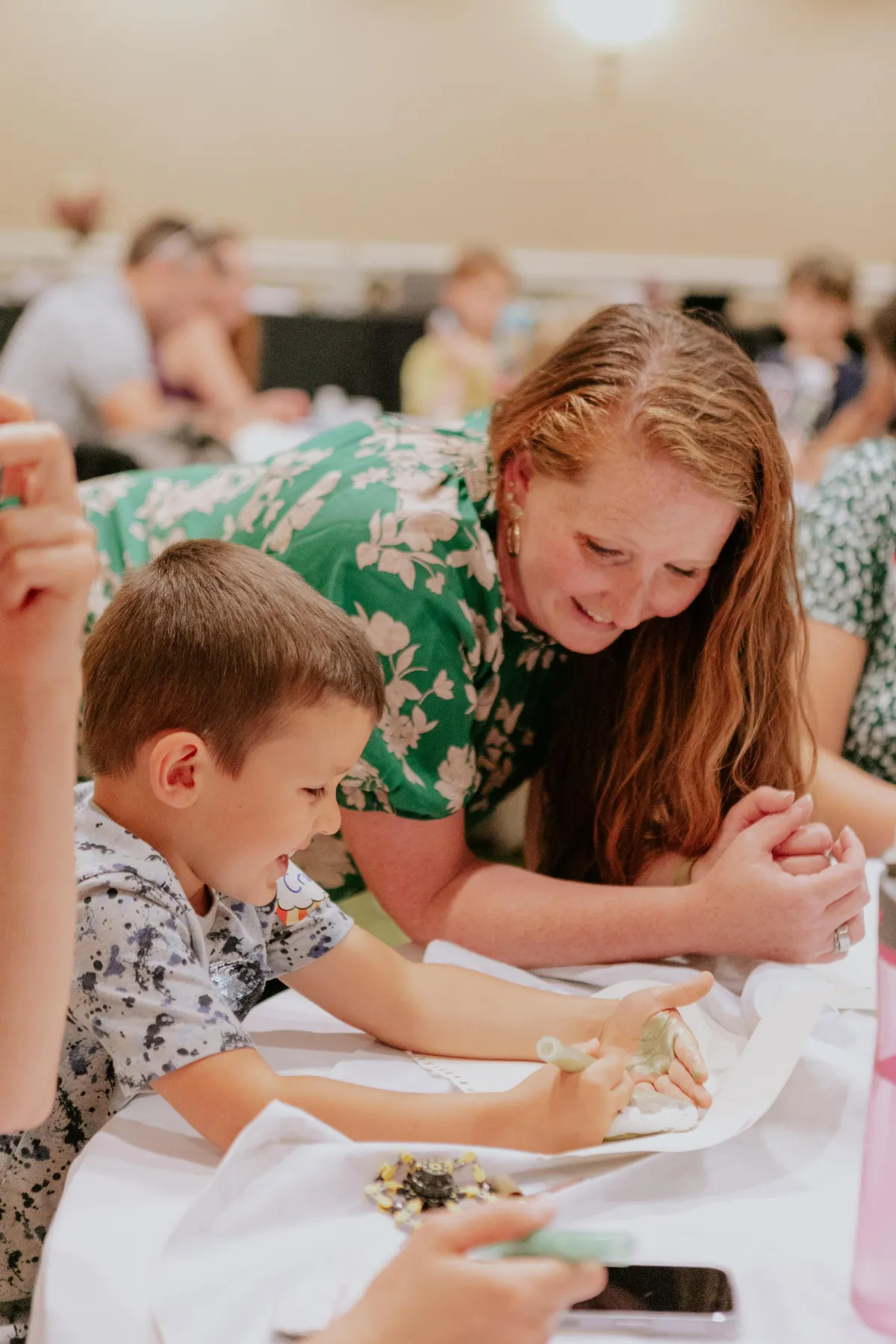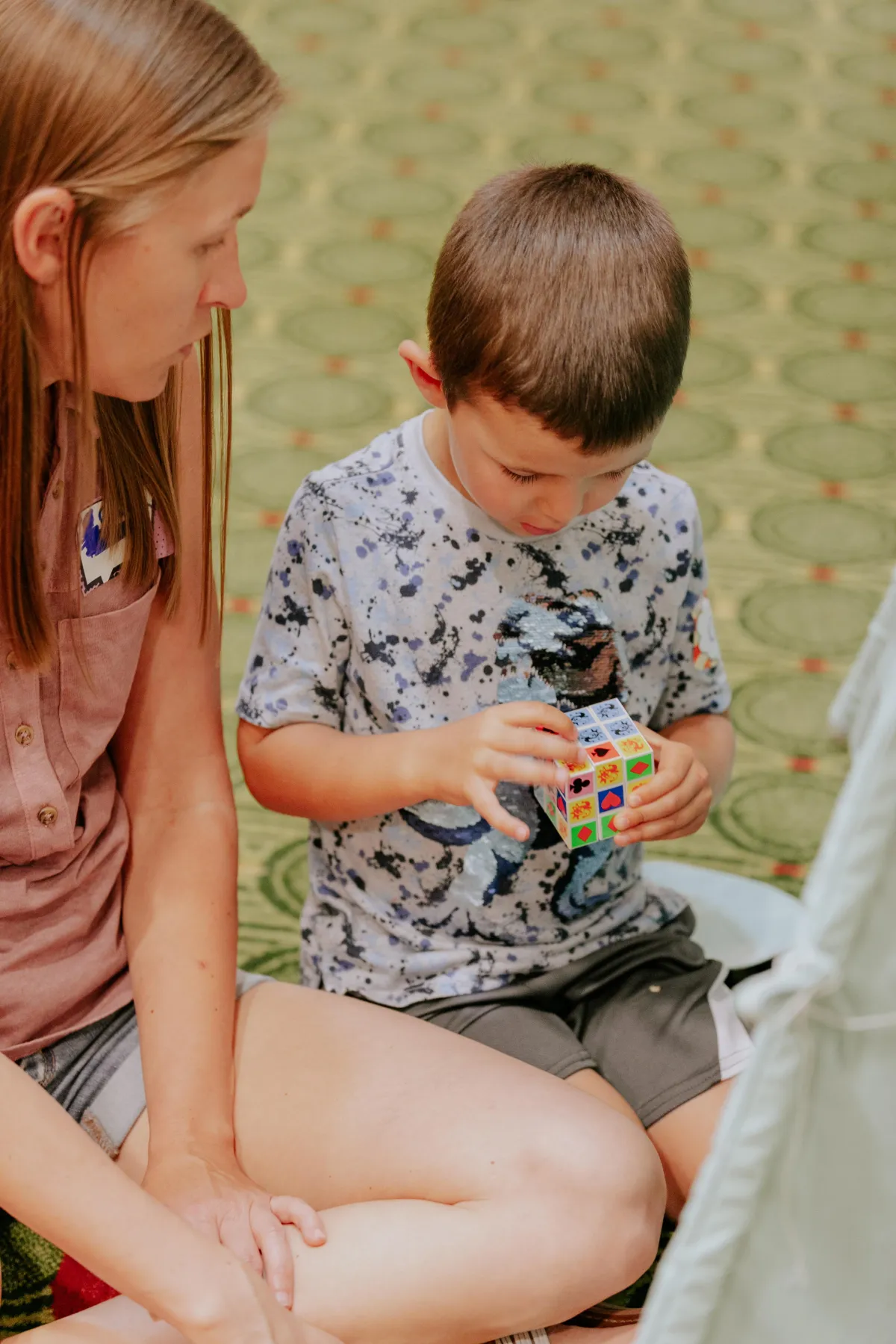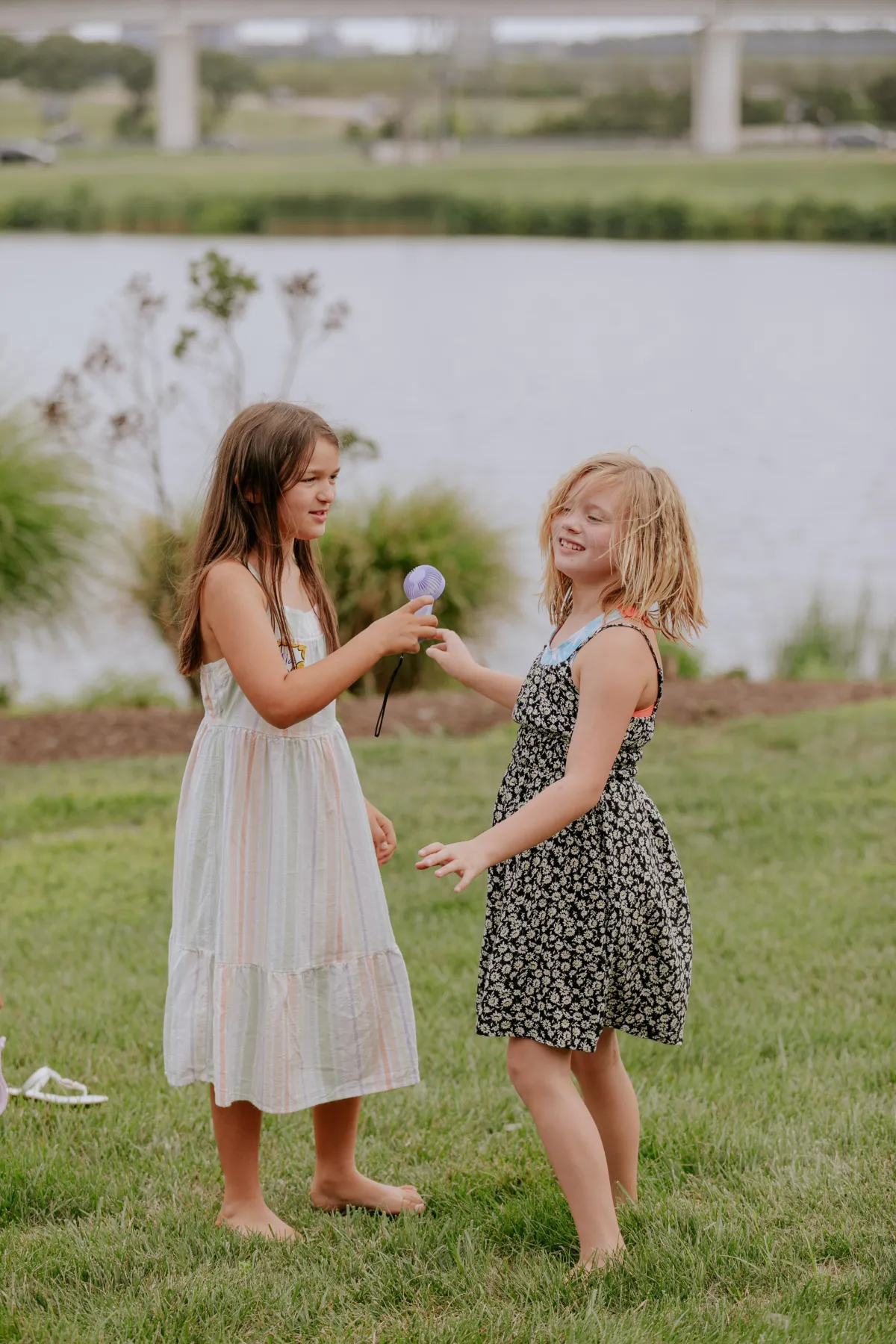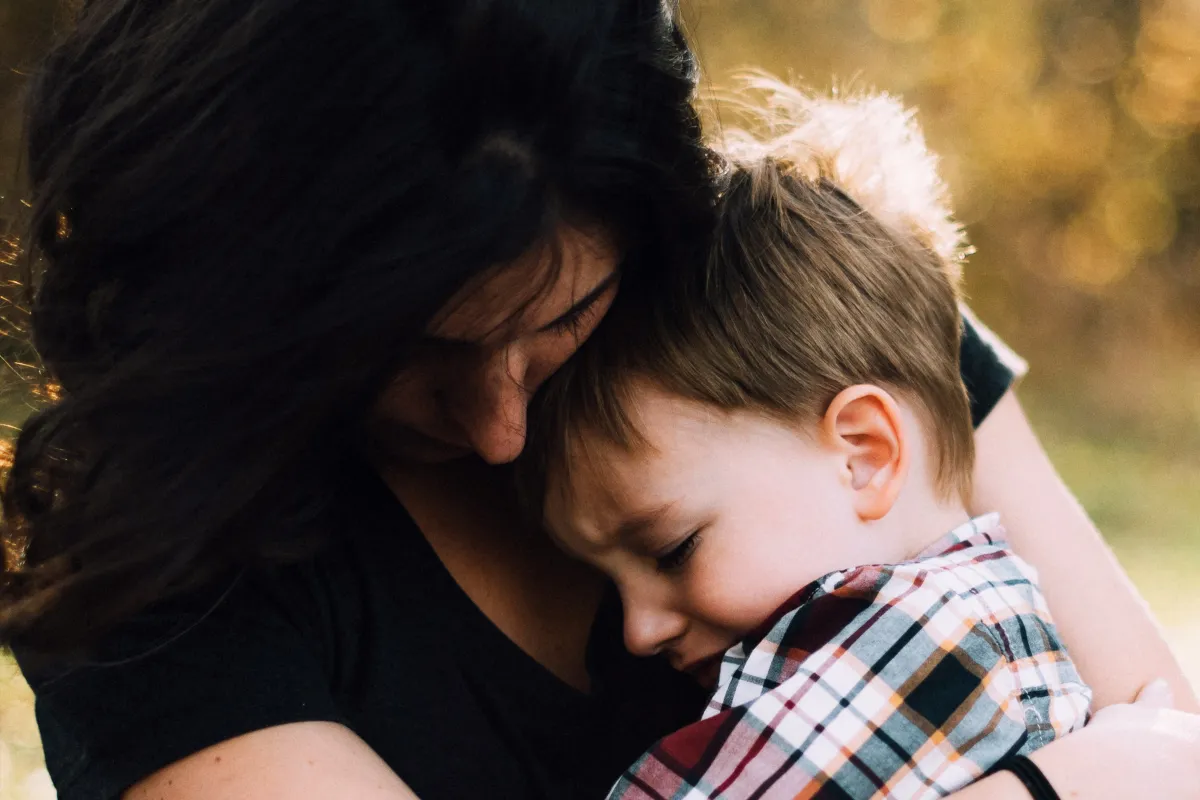Featured on...









Most Recent
GENTLE PARENTING
3 Principles to confidently explain your parenting style to skeptical relatives
MELTDOWNS
Making 2025 the year you end the meltdown cycle
HIGHLY SENSITIVE CHILD
Sensitive kids and the holidays: Managing disappointment and excitement
HIGHLY SENSITIVE CHILD
Why sensitive kid wont take deep breaths
Under Construction...
We're updating our site, please check back soon!
In the meantime, watch nearly 280 episodes of my podcast on YouTube
No blogs found
THE LATEST IN...
Parenting
Highly Sensitive Child
Meltdowns
Under Construction...
We're updating our site, please check back soon!
In the meantime, watch nearly 280 episodes of my podcast on YouTube.
Blog Posts

Managing Excitement And Disappointment During Holidays With Sensitive Kids
Holiday parties can overwhelm highly sensitive children, leading to meltdowns when expectations aren’t met. Learn strategies to validate feelings, adjust expectations, and create calm spaces so your c... ...more
PARENTING STYLES
December 31, 2025•2 min read

Why Sensitive Kid Won't Take Deep Breaths
Tired of endless meltdowns with your highly sensitive child? Discover a systematic, 5-step approach that builds emotional awareness, resilience, and lasting regulation—so you can break the reactive cy... ...more
MELTDOWN SCIENCE ,PARENTING STYLES
December 31, 2025•2 min read
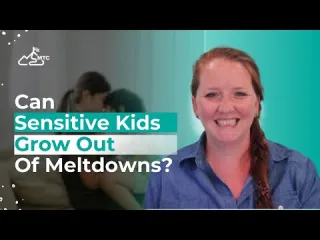
Will My Sensitive Kid Grow Out Of Meltdowns
Feel powerless with your highly sensitive child? Discover how your parenting directly shapes their emotional regulation, plus small, research-backed shifts you can make to break reactive cycles and bu... ...more
MELTDOWN SCIENCE ,PARENTING STYLES
December 31, 2025•1 min read
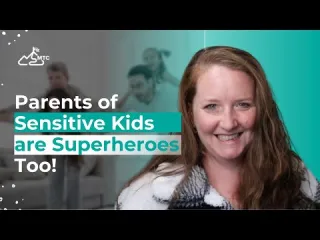
We’re So Thankful For Our Clients, Montage Of Testimonials Put Into Podcast
Parenting a highly sensitive child can make holidays feel stressful instead of joyful. This post shares strategies to stay calm, connected, and teach lasting coping skills—so you and your child can en... ...more
PARENTING STYLES
December 31, 2025•1 min read
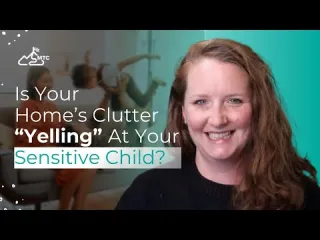
Is Your Home's Clutter "Yelling" At Your Sensitive Child?
Visual clutter can overwhelm highly sensitive children, triggering meltdowns and stress. This post explores why their brains notice every detail and shares simple ways to reduce stimuli, helping your ... ...more
PARENTING STYLES
December 31, 2025•1 min read

Avoid People Pleasing
Highly sensitive children value integrity but can struggle with people-pleasing. This post explores modeling firm, compassionate advocacy, teaching kids to stay true to themselves while navigating big... ...more
PARENTING STYLES
December 31, 2025•1 min read

Sign up for exclusive content, emails & things Megghan doesn’t share anywhere else.
Copyright © 2018-2025 Megghan Thompson Coaching
